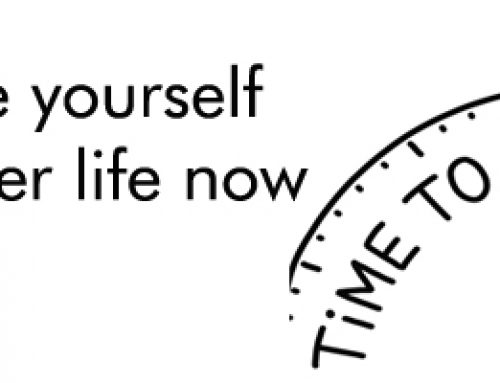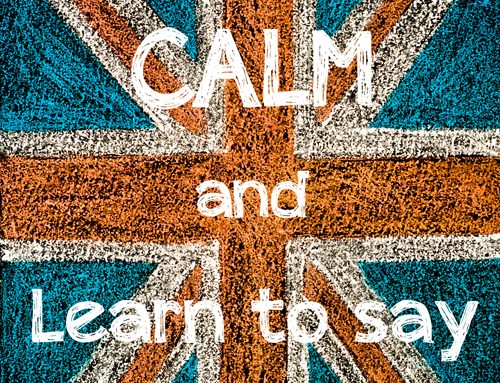Do you ever feel like you’re talking to another person, but not truly communicating with them? Developing listening skills through Neuro-Linguistic Programming (NLP) takes communication to a whole new level in your relationships.
Here are three Neuro-linguistic programming tips that can help you become a better listener and communicator:
- Forget about yourself. When conversing, we spend more time thinking about what we wish to contribute rather than focusing intently on the other person’s needs and what they are saying. If there is too much chatter going on in your mind push your tongue to the roof of your mouth whist listening. This inhibits sub-vocalisation and so quiets the mind. Put the other person first.
- Deep Listening. In NLP training, you will learn deep listening skills that will enable you to not only listen to what the other person is saying, but even develop the skill to discover what is being transmitted at the unconscious level through body language and facial expressions.
- Get into the Learning State. Sometimes our minds have too much internal chatter. The Learning State is an NLP technique that trains your mind to let go of more of that internal chatter and to use your eyes to allow you to truly listen to what the other person is saying.
Using Neuro-Linguistic programming tips such as these will teach you to be a better listener and, therefore, a better communicator.
For more information on how learning NLP can dramatically improve your life, professional pursuits, and relationships, read our groundbreaking FREE ebook, “Resourceful Living: How NLP Can Improve Your Seven Life Streams”.
The following two tabs change content below.


Roger Terry
Director of Training and Coaching at Evolution Training Ltd
Roger Terry is one of the world’s leading experts on applying NLP to drive excellence both professionally and personally. Roger leads seminars and consults with companies all over the world, including in the UK, USA, Europe and Middle East. He is the author of several books, including The Hidden Art of Interviewing, NLP and Qualitative Research, NLP for Teachers and The NLP Toolkit.
Latest posts by Roger Terry (see all)
- Communication Skills for the Classroom - March 18, 2022
- Stop being your own worst enemy! - November 28, 2018
- Upgrade yourself for greater self understanding - November 3, 2018
- Upgrade yourself for a better life – download - October 26, 2018



